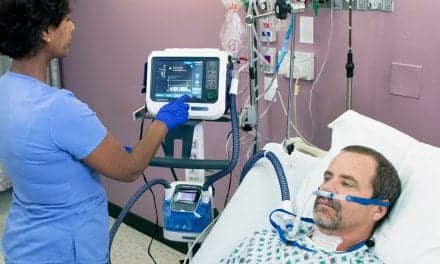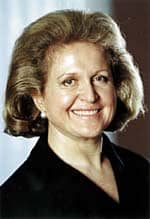The US Department of Housing and Urban Development (HUD) has issued a final rule to make all public housing properties in the US entirely smoke-free.
According to the New York Times, the rule would take effect early next year, but that public housing agencies would have a year and a half to put smoke-free policies in place. The rule will affect more than 1.2 million households, the officials said, although some 200,000 homes already come under smoking bans adopted voluntarily by hundreds of public housing agencies around the country.
According to HUD, this new rule will protect the health and safety of more than two million public housing residents, including 760,000 children. It is also sound fiscal policy that HUD estimates will save public housing agencies $153 million a year in health care costs, repairs and preventable fires.
As the NYT points out, the ban does not apply to electronic cigarettes. “The rule covering public housing forbids cigarettes, cigars, pipes and hookahs (or water pipes) — but not electronic cigarettes — from being smoked in all living units, indoor common areas, administrative offices and all outdoor areas within 25 feet of housing and office buildings,” the Times reported.
In a statement of support, Matthew L. Myers, president of Campaign for Tobacco-Free Kids said: “We applaud HUD and Secretary Julián Castro for taking action to protect the health of public housing residents, including many children, elderly and people with health conditions who are particularly susceptible to the health effects of secondhand smoke. Secondhand smoke contains more than 7,000 chemicals, including hundreds that are toxic and at least 69 that cause cancer. According to the US Surgeon General, secondhand smoke causes lung cancer, heart disease and stroke in non-smoking adults and sudden infant death syndrome (SIDS), low birth weight, respiratory problems, ear infections and more severe asthma in infants and children.”










